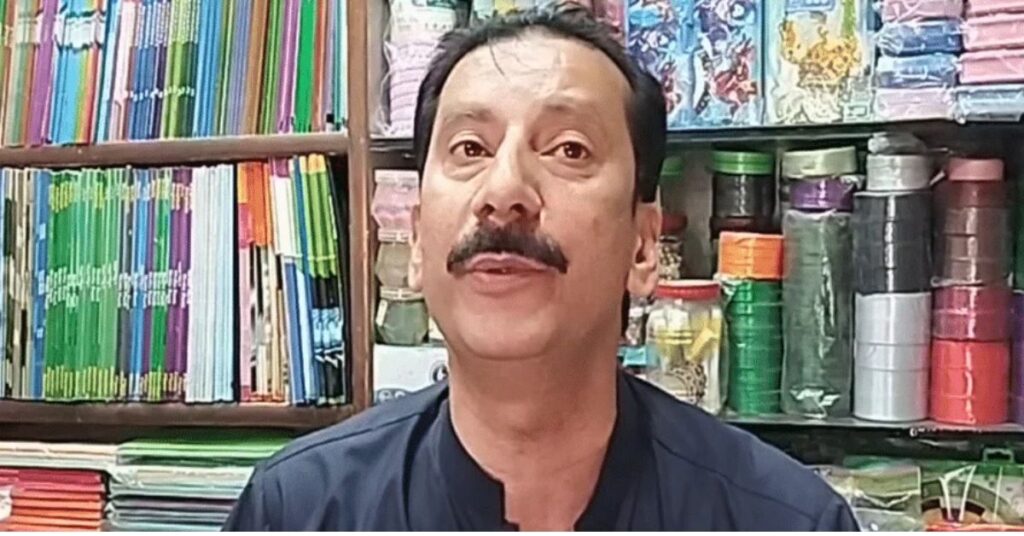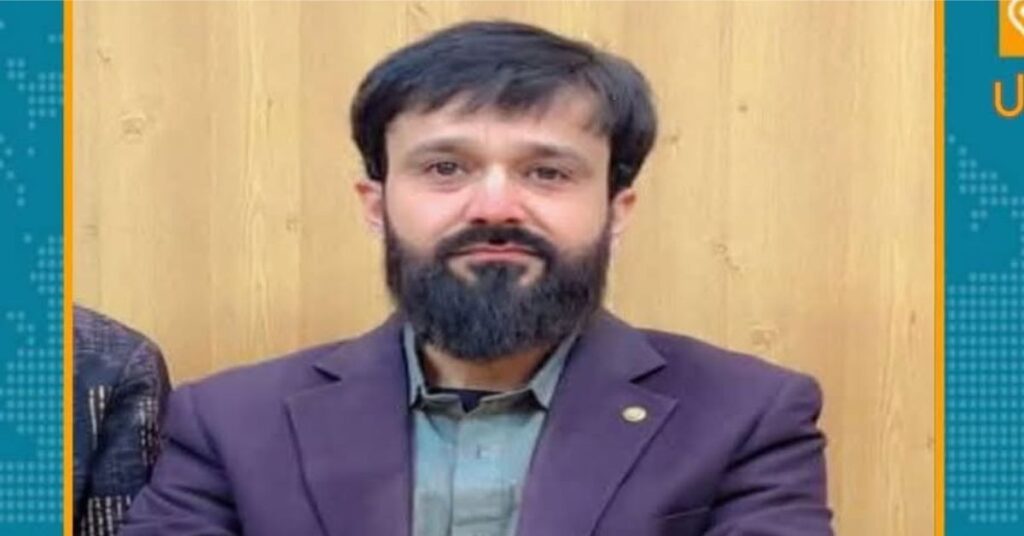MIRPUR (Kashmir English): In a heart-wrenching incident from Mirpur district of Azad Kashmir, a man burdened by mounting debts walked into a police station to surrender — not for a crime he committed, but for the one he intended to. His conscience, however, stopped him from doing so.
According to reports, a resident of Mirpur’s Islamgarh, Nadeem Akhtar (34), was drowning in debt of around Rs 1.5 million. Despite working at a local factory, his salary was insufficient to cover even the basic needs of his family, including his children’s education and household expenses.
As pressure from creditors rose, Nadeem began contemplating desperate measures — including robbing a bank. But as he reached his target, a sense of prevailing guilt and flash of his children barred him from moving forward.
“When I thought of my children, my heart trembled. I thought I could survive for a few days through the crime, but I’d live with regret forever.”
Instead of committing the crime, Nadeem turned moved to the City Police Station and confessed his intentions, stating, “Please arrest me. I wanted to commit a crime but my conscience held me back”.
“I would rather like to live in jail where I at least could get two-time meal and a few moments of peace of mind,” he told the police.
Mirpur police
The police confirmed that Nadeem had committed no actual crime — only shared his thoughts and fears. “Since intention alone does not constitute a criminal offence under the law, so he could not be arrested,” the police opined.
However, the police officers took his situation seriously, provided him with food, and referred him to local welfare organizations for help.
The incident took place on July 12, 2025, at the City Police Station in Mirpur, SHO Rashid Mehmood confirmed in a statement to local journalists.
The story quickly made rounds on social media, sparking widespread sympathy for the man and initiating a debate on how such people could be helped out.
One comment read: “This is a painful reflection of the silent suffering of the lower-middle class, struggling under debt and poverty while trying to maintain their dignity.”




